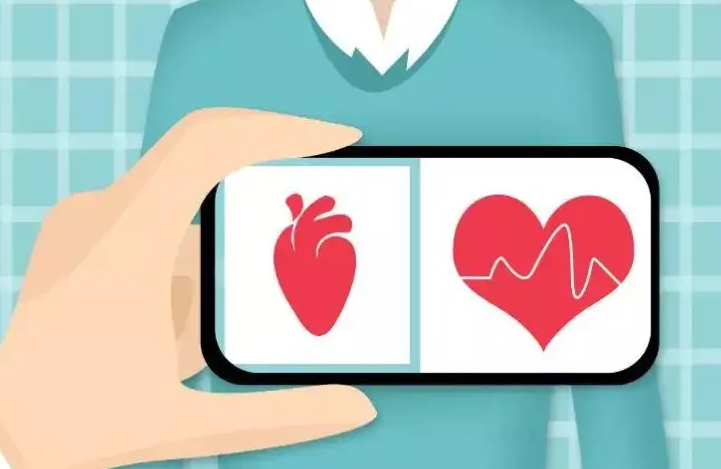
Watch TV all night, stay up late to work overtime, indulge in games, strenuous exercise... What causes sudden cardiac death? Suddenly feel your heart racing, like you want to "jump" out of your throat, is it a sign of sudden cardiac death?
The incidence of sudden cardiac death is relatively low but the consequences are extremely serious
Sudden cardiac death is a natural death due to cardiac causes that occurs within 1 hour after the onset of acute symptoms and is characterized by sudden loss of consciousness. In recent years, with the increasing incidence of cardiovascular diseases, the incidence of sudden cardiac death has also increased significantly. But overall, although the incidence of sudden death is not high, once it occurs, it often ends in death.
People who have experienced these symptoms should be alert!
If you have syncope (sudden fainting, loss of consciousness), chest tightness, shortness of breath, and sudden chest pain for unknown reasons, you should be alert. Experts emphasize early visits to the hospital for relevant tests, such as electrocardiograms, echocardiograms, blood tests and CT or magnetic resonance imaging, and some people may also involve genetic testing.
How does sudden cardiac death come to you?
In young people, there are two main categories of causes of sudden death, one is congenital, related to heredity, mainly due to genetic variation. This type of sudden cardiac death can be detected by a common electrocardiogram.
Experts suggest that if someone in the family has sudden death at a relatively young age (between 20 and 40 years old), it is best to go to the hospital as early as possible to do a 12-lead electrocardiogram to assess the heart condition. Diseases associated with sudden cardiac death include long QT syndrome, short QT syndrome, Brugada syndrome, early rebipolar syndrome, and catecholamine-sensitive ventricular tachycardia, most of which can be detected with a simple and inexpensive electrocardiogram.
The other type is caused by acquired factors, the most common of course is the coronary heart disease after myocardial infarction, which is familiar to everyone, and there are also hypertrophic cardiomyopathy, dilated cardiomyopathy, arrhythmogenic cardiomyopathy and various special myocarditis or cardiomyopathy. Generally speaking, it can also be found in the clinic by electrocardiogram plus cardiac ultrasound.
Master the Golden rescue of sudden cardiac death in 5 minutes
Sudden death means cardiac arrest. After cardiac arrest, the blood supply and oxygen supply to the whole body are stopped, and the energy stored by brain cells can only be maintained for 5 to 6 minutes at most, so once the patient's heart has stopped, cardiopulmonary resuscitation should be performed as soon as possible within 5 minutes. Of course, now many public places such as airports, high-speed rail stations are equipped with automatic defibrillator (AED), emergency should be used as soon as possible.
Step 1 Determine if the patient is unconscious
If there is no response to the cry, the patient should touch the carotid artery, feel the breathing status at the nasal cavity, and observe the thorax for fluctuation.
Step 2 Chest compressions
Fold your hands, extend your arms straight, and use body gravity to press down firmly at the midpoint of the line between the two nipples. Press frequency: 100-120 times per minute. Two breaths for every 30 chest compressions.
Step 3 Airway opening
Turn the patient's head to one side, remove oral and nasal secretions (if any), and take care to remove dentures if the patient has dentures.Step 4: Artificial respiration
Mouth to mouth resuscitation should be performed immediately after the airway is clear. Blow continuously 2 times, each blow to see the chest has obvious fluctuation to be effective.
After repeating this cycle for 5 times, determine the patient's status and continue compressions if resuscitation does not work.
How to prevent sudden cardiac death?
The most important thing is to keep a regular sleep schedule, eat healthy, and avoid late nights and emotional overexcitement. Regular electrocardiogram examination can detect congenital and hereditary diseases that can lead to sudden death as early as possible; People who have experienced fainting or dark eyes should go to the hospital for examination; Patients with heart disease should pay attention to standardized treatment and review regularly.

